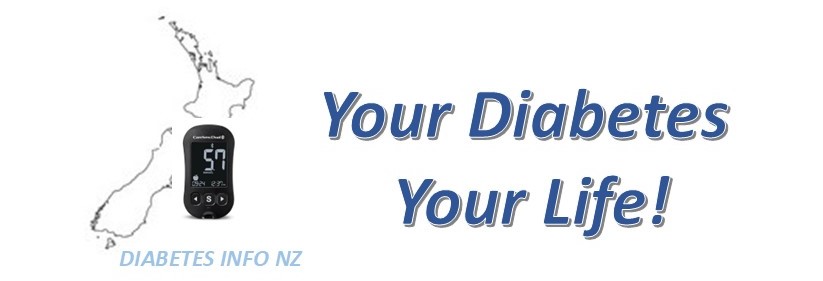MODY Genes
MODY Subtypes
| Gene | MODY Subtype | Function | Age of Onset | Clinical Features | Treatment | Notes |
| GCK | MODY2 | Glucokinase (glucose sensor in β-cells) | Birth to early childhood | Mild, stable fasting hyperglycaemia | Usually none | Often misdiagnosed as type 2 diabetes; low risk of complications |
| HNF1A | MODY3 | Transcription factor in β-cell function | Teens to early 30s | Progressive hyperglycaemia; glycosuria; microvascular complications | Low-dose sulfonylureas | Most common MODY subtype in many populations |
| HNF4A | MODY1 | Transcription factor (regulates insulin secretion genes) | Teens to 30s | Hyperglycaemia; macrosomia at birth; transient neonatal hypoglycaemia | Sulfonylureas | Similar to MODY3 but may have neonatal features |
| HNF1B | MODY5 | Transcription factor (kidney, pancreas, liver development) | Childhood to adulthood | Renal cysts, pancreatic atrophy, genital malformations, diabetes | Insulin often required | Screen for kidney disease and other organ anomalies |
| PDX1 (IPF1) | MODY4 | Transcription factor (β-cell development) | Childhood to early adulthood | Mild to moderate hyperglycaemia | Variable: diet to insulin | Rare; homozygous mutations can cause pancreatic agenesis |
| NEUROD1 | MODY6 | Transcription factor (insulin gene expression) | Adolescence | Mild to moderate diabetes | Oral agents or insulin | Rare; some patients need insulin |
| KLF11 | MODY7 | Transcription factor affecting insulin gene expression | Variable | Similar to other MODY types | Variable | Controversial gene; pathogenicity uncertain |
| CEL | MODY8 | Carboxyl ester lipase (lipid metabolism, exocrine pancreas) | Adulthood | Diabetes + exocrine pancreatic dysfunction | Insulin may be needed | Associated with pancreatic atrophy, steatorrhea |
| BLK | MODY11 | Src kinase affecting insulin secretion | Early adulthood | Mild diabetes | Unclear; oral agents | Rare; pathogenicity still debated |
- MODY2 (GCK): Often benign, needs no treatment.
- MODY3 and MODY1 (HNF1A and HNF4A): Respond well to sulfonylureas, often misdiagnosed as type 1.
- MODY5 (HNF1B): Consider MODY when diabetes coexists with kidney anomalies.
- Others: Rare, often require case-by-case management and genetic counselling.
